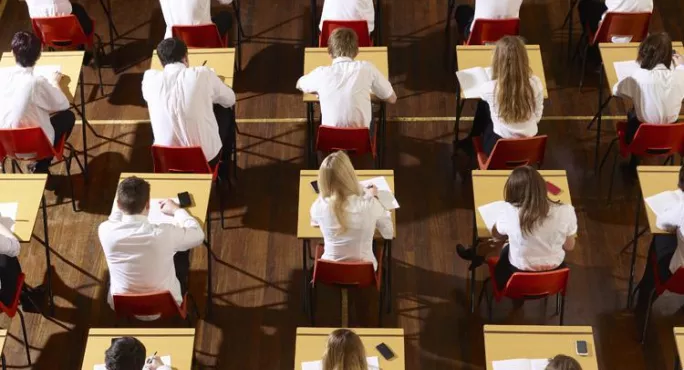Secondary schools’ Progress 8 scores are being undermined by the performance of pupils from primary schools with “anomalously high” results, new research suggests.
A study has examined data from the secondary performance measure to reveal primary schools where pupils’ earlier results are significantly better than what they go on to achieve in secondary school.
The analysis by Education datalab’s school data expert Dave Thomson, looked at one secondary school’s Progress 8 scores and found that students from one of its eight feeder primary schools were consistently worse than the rest of the cohort.
Mr Thomson said difficult questions need to be asked about the primary schools’ key stage two results in this situation and called on Ofsted and the Department for Education to consider the issue.
The secondary school is in an Ofsted category of concern and was criticised in its latest inspection for the progress of its most able pupils. The primary school, described as school H, where results are described as “anomalously high” is rated as outstanding.
Analysis of the secondary school’s results over three years showed that its pupils from this primary school consistently achieved two grades lower per subject at GCSE on average than pupils with similar prior attainment nationally.
In his blogpost Mr Thomson said: “This is a real example...We need to ask difficult questions about the Key Stage 2 results of School H. Was it really the case that pupils performed at such a level at School H that they simply could not maintain their progress at secondary school?
“Could they have received additional assistance when taking their KS2 tests? Does test security need to be improved?”
Mr Thomson’s post says the Department for Education (DfE) is planning to cap the Progress 8 scores of pupils with “anomalously large” scores. He adds: “We would also recommend to both DfE and Ofsted that they also consider making adjustments for pupils who attended primary schools with anomalously high KS2 results.
“Better still, don’t rely on a single metric to decide which (if any) schools are performing poorly.”
Progress 8 was introduced as a way of measuring the impact a school has on a pupils’ performance across eight subjects.
It uses the Key Stage Two results of pupils in their last year at primary school as a starting point.
Previously schools had been judged on the proportion of pupils who achieve five A-C grades at GCSE, including English and maths. However critics of this system voiced concern that it led to schools focussing on pupils on the C/D borderline and did not take account of students’ prior attainment.
Progress 8 aims to ensure that schools are being judged for the performance of all pupils across a broader range of subjects.




